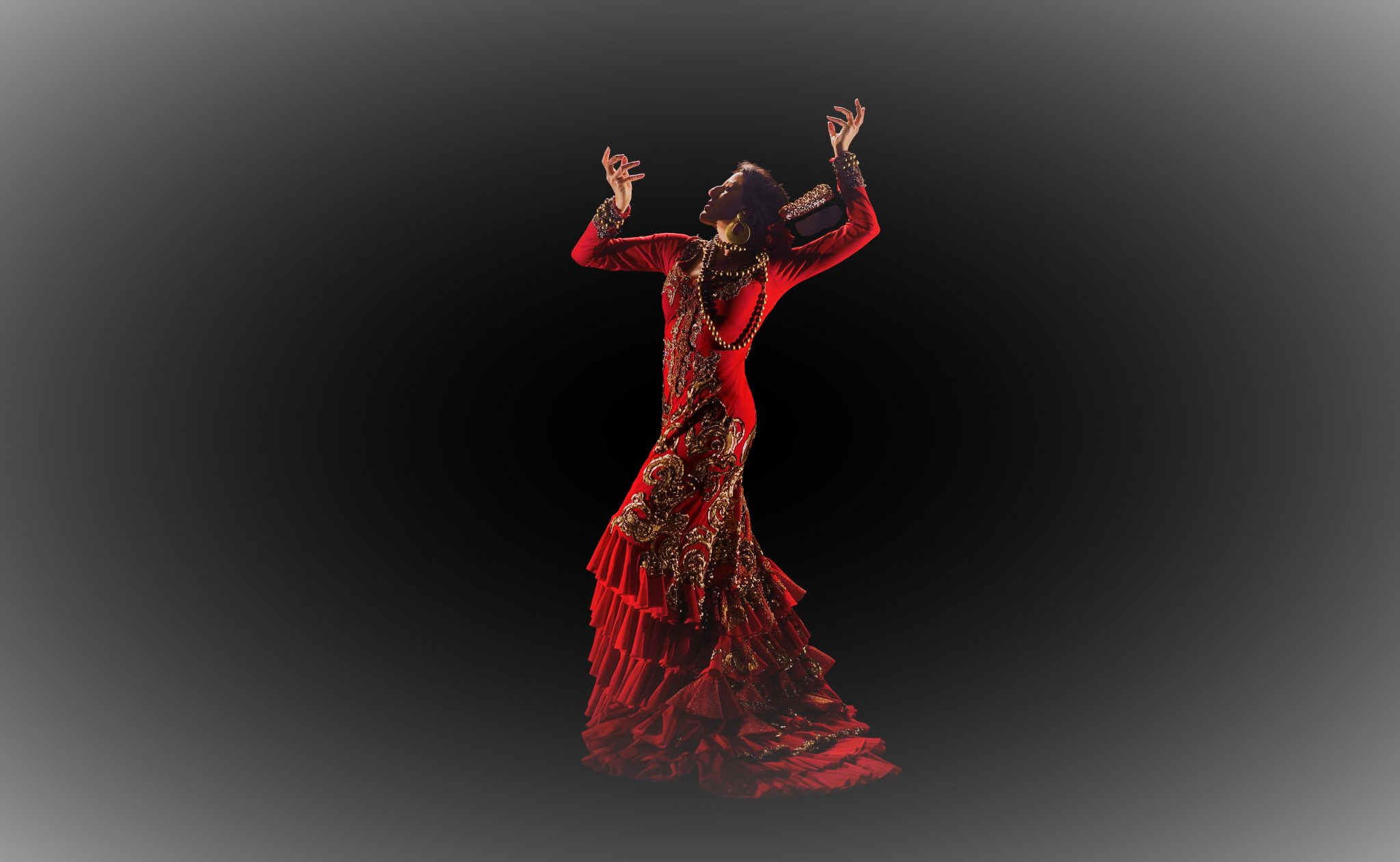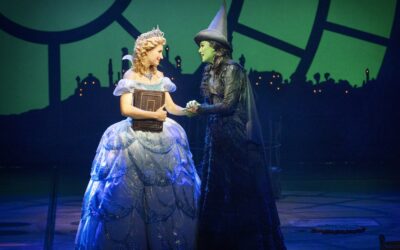Yo, Carmen is an all-female powerhouse production that embeds the work of Merimée as the stimulus for a tale that blends poetry and flamenco dance.
From Michael Flatley’s Riverdance to launching her own award-winning dance company, Sevillian dancer María Pagés is the spearhead of flamenco dance.
In a theatre as exquisite as Melbourne’s Hamer Hall, it is surprising to see the stage bare throughout the production; ever slightly decorated with props of mirrors, cardboard cut-out men and strung candlelights. The cyclorama shields five Spanish musicians and two throaty operatic female singers so that only their silhouette can be seen. The all-female cast of flamenco dancers boldly wear nude floor-length dresses, proudly showcasing their womanly figures. The show opens with a fanfare (quite literally) to March of the Toreadors that inspires confidence for the remainder of the production.
The most iconic part of the show—and the part audience craves to spectate—is the pure thunder of flamenco sounds and visual intensity of movement. Upper body angles are curved and twisted with such elegance, and the females’ feet are clapping their heels at lightning speed. When María Pagés utilises the stage for her solos, her execution instantly leaves spectators spellbound with the vibration of sounds coming from her feet.

Blended with multi-lingual poetry from all the greatest writers, including Atwood, she begins to delve into the female role in contemporary society. The audience is jarred by watching choreography that identifies with domesticity—the cast sweeping floors with brooms, dusting objects with old rags and parading in traditional aprons, only to realise that she is attempting to break the stigma around women in society.
María Pagés halts the flamenco dance to monologue about women still being stereotyped as exotic and beautiful figures in society. The show is quickly diluted as the key message of womanhood gets lost in translation. The English transcript presented above the audience’s head is both distracting and disengaging and her attempt to disarm female stereotypes is more comic than empowering. Pagés looks into her handbag and only discovers products that she ‘should’ have, including anti-wrinkle cream and thus begins to condemn the beauty industry for producing such ‘idiot’ and unnecessary regimes into the female lifestyle.
Pagés is queen of flamenco for a reason; her passion and defiance never ceases. This production would benefit from more choreographic design as opposed to scripted monologue to convey the message of who women truly are.







0 Comments